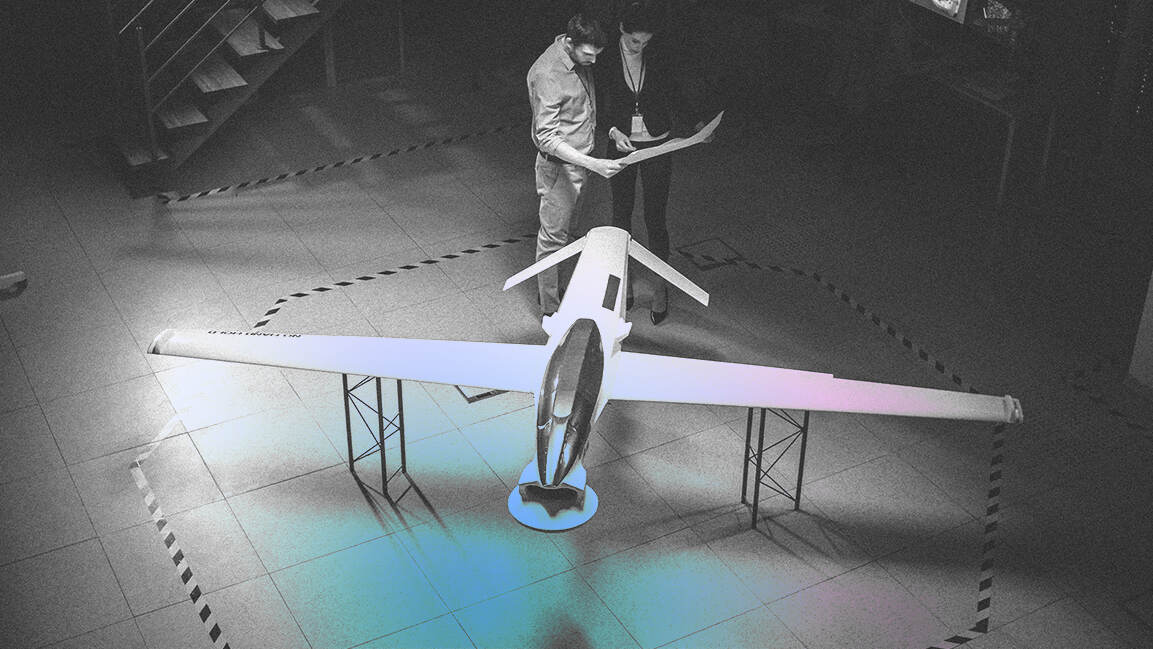- | 1:00 pm
Middle East could attract $125 billion investment from manufacturing tech products
Manufacturing semiconductors, sensors, and robots for industrial or general-purpose use could provide an estimated $25 billion in revenue by 2025

With the Middle East economies stepping up their efforts to become major players in the global technology scene, a new study from Strategy& Middle East found that high-technology manufacturing products present a $125 billion economic opportunity for the Middle East. The report added that three products, particularly semiconductors, sensors, and robots for industrial or general-purpose use, could provide an estimated $25 billion in revenue by 2025.
“Technology is increasingly considered a high priority for localization compared with other manufacturing sectors, given its outsized importance to virtually every other industry, its growth potential, and the wide-reaching and adverse economic effects of supply disruptions,” the report stated.
The UAE has an Industry 4.0 plan that intends to raise manufacturing by 30% and the country’s GDP by $6.8 billion by 2031 and, at the same time, wants to increase productivity and create new products. Being the biggest economy in the region, Saudi Arabia has been actively working on developing its NEOM project, the $500 billion megacity to be powered by smart technologies.
“For Middle East governments pursuing economic diversification and localization, a tech manufacturing footprint is increasingly considered a linchpin, given the visibility of massive projects already underway, the growing wave of industrialization and digitization regionwide, and the potential to secure captive in-country demand.”
“We estimate that the market for industrial and service robots in the region could reach $4 billion by 2025 and that industrial Internet of Things (IoT) devices could reach $1.5 billion. As a result, competition among countries—to stake claims on tech segments, gain first-mover advantage, and attract global tech companies looking to establish a regional foothold—will be fierce,” the report revealed.































